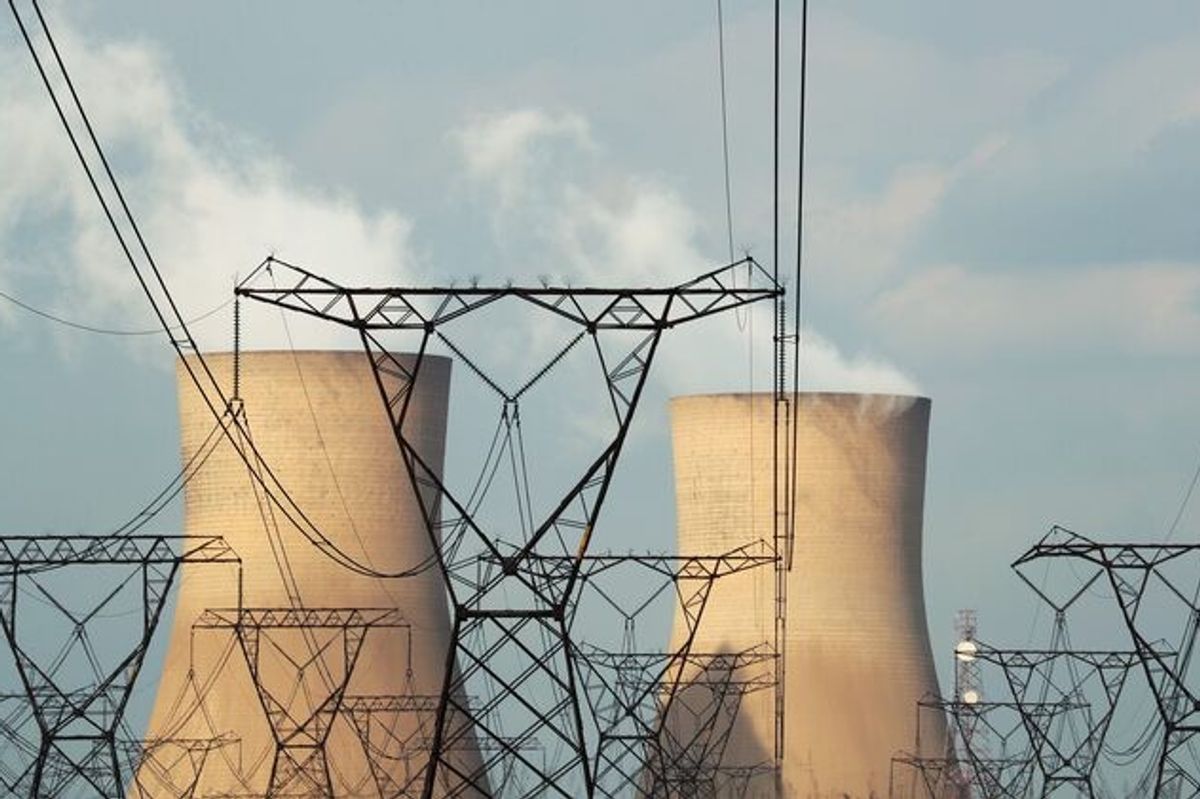NEPRA orders bill reductions with PKR 52.6 billion tariff adjustments
Refunds for DISCO and K-Electric consumers as authority moves to ease power costs

The National Electric Power Regulatory Authority (NEPRA) on Friday unveiled three key decisions aimed at reducing consumer electricity costs, directing state-run distribution companies (DISCOs) and K-Electric to refund significant amounts per kilowatt-hour to their clients.
Under the new orders, a negative quarterly tariff adjustment (QTA) of PKR 1.5538 per unit, totaling PKR 52.6 billion for the third quarter of FY 2024-25, will benefit all consumers—including K-Electric users—except lifeline and prepaid customers from May through July 2025.
For the second quarter, NEPRA had previously instructed DISCOs to reimburse PKR 1.9 per unit, amounting to PKR 56.38 billion, which was applied to electricity bills from April through June.
Additionally, NEPRA mandated that K-Electric implement a negative fuel charge adjustment (FCA) of PKR 36.396 per kilowatt-hour, based on fuel charges for February 2025, in its May bills.
This provisional rate will apply to all consumers except lifeline, domestic protected, electric vehicle (EV) charging stations, and prepaid customers.
The rate will be finalized once the Multi-Year Tariff (MYT) for FY 2024-30 is determined. NEPRA also directed Ex-WAPDA DISCOs (XWDISCOs) to apply an additional negative adjustment of PKR 0.2883 per unit—stemming from fuel charge variations in March 2025—on May bills for all consumers, except lifeline, protected, EV charging stations, and prepaid users.
In an additional note attached to the third-quarter QTA decision, NEPRA Member (Technical) Rafique Ahmed Shaikh highlighted that XWDISCOs had claimed PKR 362.4 billion in capacity charges—significantly lower than the PKR 459.3 billion reference figure—despite reduced electricity sales.
This decline resulted from terminated power purchase agreements (PPAs) and independent power producer (IPP) adjustments.
Typically, capacity payments increase when electricity sales decline due to the fixed nature of costs, but this temporary reduction in payments has eased financial pressure on the power sector. However, Shaikh noted that better governance and operational efficiency could have led to even lower adjustments.
Shaikh also raised concerns about inefficiencies in the power sector. He noted that inefficient generation companies (GENCOs)—Guddu, Muzaffargarh, and Jamshoro—had received PKR 1.237 billion in capacity charges without generating electricity.
Additionally, transmission constraints restricted the utilization of low-cost southern power plants—Port Qasim, China Power, and Lucky Electric—to near-zero levels, yet they still claimed PKR 69.09 billion in total capacity charges.
These inefficiencies underscore the urgent need for reforms in dispatch protocols and transmission infrastructure to prevent unnecessary costs from being passed on to consumers.
In another note regarding March’s FCA for XWDISCOs, Shaikh emphasized that poor governance continues to inflate electricity prices, despite efforts to reduce power costs. In March 2025, electricity generation fell 8.5% below target due to AT&C-based load shedding, leading to the underutilization of 'Take or Pay' plants, which operated at just 34.3% capacity.
Key inefficiencies included the prolonged outage of Guddu 747’s steam turbine, costing PKR 6.41 billion since July 2024, open-cycle operation adding PKR 110 billion in costs, Neelum-Jhelum’s shutdown since May 2024, adding PKR 28 billion in extra costs, HVDC running at just 32% capacity due to Lahore North Grid delays, yet full charges still applied, transmission constraints causing PKR 12.3 billion in losses, and March's Part Load Adjustment Charges (PLAC) totaling PKR 2.6 billion, bringing the July-to-March PLAC total to PKR 29.8 billion.






Comments
See what people are discussing